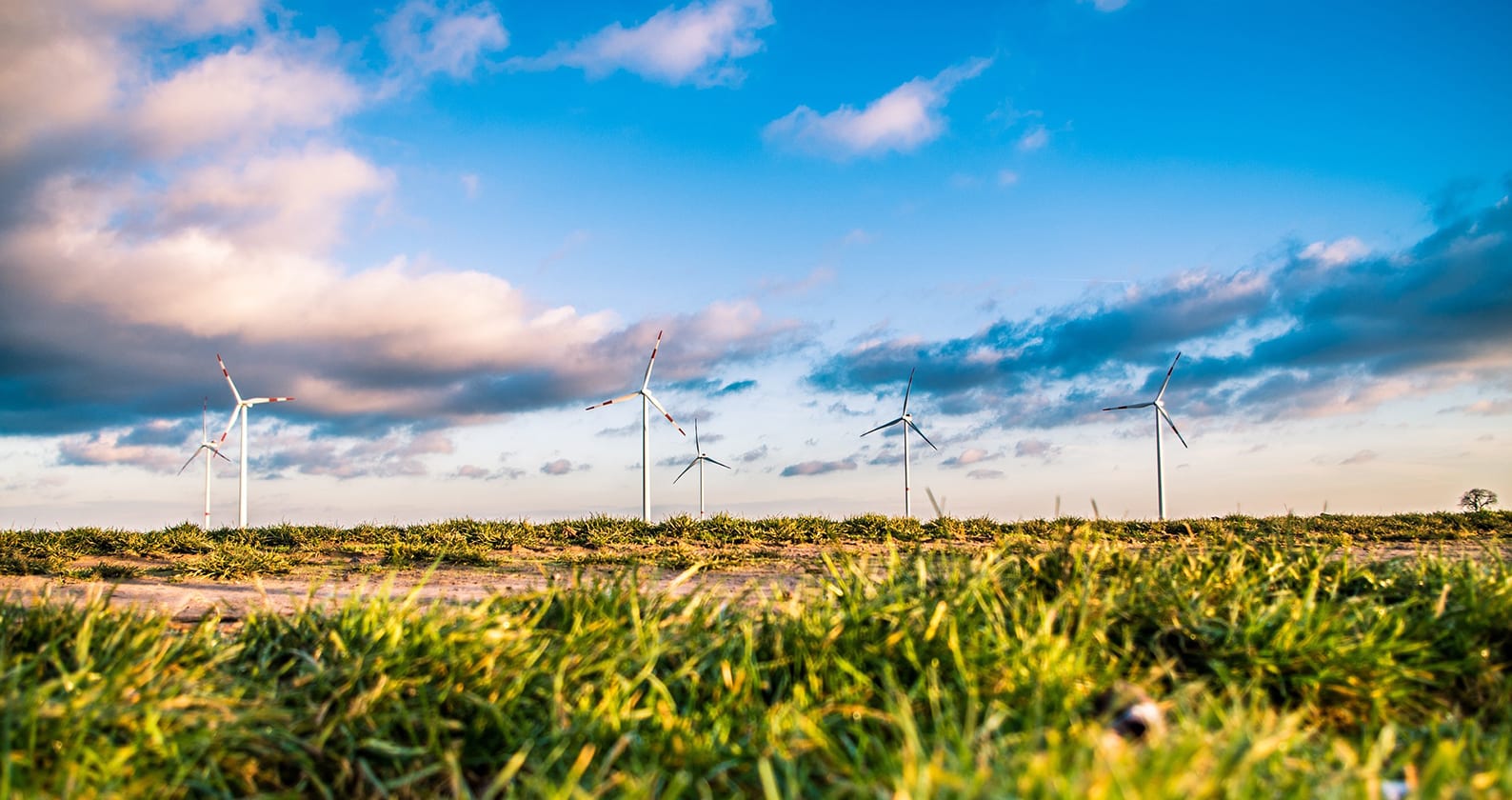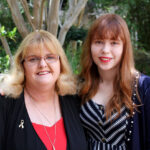Creating a more sustainable or ‘green’ state would deliver 55,000 jobs, 49,000 of which would be in regional WA, and add $16 billion to the Western Australian economy, while helping to significantly reduce WA’s environmental footprint, a new Bankwest Curtin Economics Centre report has found.
The report, Green Shoots: Opportunities to grow a sustainable WA Economy, identifies significant opportunities for the State to reduce the negative environmental impact of industries across its regions, and provides a roadmap for WA to transition to a more sustainable and resilient economic future.
Report co-author and Bankwest Curtin Economics Centre Director Professor Alan Duncan said the report suggests that diversifying into more sustainable industries such as renewable power generation, lithium mining and processing would create a pathway to greater economic value and better employment opportunities for the state, particularly in regional WA.
“The COVID-19 pandemic has had a significant impact on the WA economy, which will be felt for years to come. It is essential to balance future economic growth with achievable targets to reduce the State’s environmental footprint,” Professor Duncan said.
“By doing this, 55,000 additional jobs could be created across industries such as specialised grain and livestock farming and the expansion of scientific services, 49,000 of which would be based in regional WA, while also boosting the state’s economy by an estimated $16 billion.”
Professor Duncan said the report identified air pollution, land use, water security and waste management as some of the biggest challenges currently facing the state.
“The pollution of our air, growing water scarcity and the increasing amount of waste has accelerated the loss of biodiversity. For example, Australia’s per capita air pollution emissions are the highest in the OECD and sixth highest in the world, only surpassed by Qatar, Kuwait, the United Arab Emirates, Bahrain and Saudi Arabia,” Professor Duncan said.
“There is a critical need to address and take action on global warming by significantly reducing greenhouse gases emissions generated by both industries and households.
“Western Australia’s mining sector is responsible for 40 per cent of the state’s emissions and while greenhouse gas emissions have been falling nationally, they have risen significantly in WA growing by 12 per cent in the last five years.”
Report co-author and Bankwest Curtin Economics Centre Research Fellow Dr Silvia Salazar said WA has the lowest proportion of renewable electricity generation of any state at only 8.9 per cent.
“WA is one of only two states without a renewable energy target. Introducing a bold but achievable target, backed by strong policies will help drive greater investment in renewable energy in WA and reduce our emissions, especially across local industries,” Dr Salazar said.
“The development of smarter buildings, more efficient industries and better use of resources will help to reduce energy use and WA’s greenhouse footprint, while also saving households money.
“Our report estimates that simple measures such as double glazing, integrated window shading, and decreasing air leakage can save households $681 per year in energy bills, or around $34,000 over 50 years.”
Dr Salazar explained that water security and waste management remain a significant challenge for WA, but the State needs to make smarter decisions to ensure the state enjoys a sustainable and successful future.
“Our report found there is an increasing threat to water security faced by WA – particularly in the South West – but despite the scarcity, WA households continue to use 26 per cent more water than the average Australian household, while state industries use five times as much as households,” Dr Salazar said.
“WA can do a lot more to reduce our energy, water and waste consumption. Adopting a circular economy where most of our resources are recycled and reused, and implementing simple things like making sure all households have access to an organic waste bin, will mean that we can get the most out of the goods we use and at the same time protect and look after our environment.”
Key findings from the report include:
- A green diversification strategy could create 55,000 additional jobs, 49,000 of which would be in regional WA. This would also see some $16 billion added to the WA economy;
- Australia has slightly decreased greenhouse gas emissions over the last five years, but in WA they have risen by 12 per cent;
- WA remains one of only two states without a renewable energy target, the other state being New South Wales;
- Electricity generation is the biggest single producer of emissions Australia-wide;
- WA has the lowest proportion of renewable electricity generation of any state at only 8.9 per cent;
- The ACT has already reached its 100 per cent renewable target and South Australia increased its renewable generation from 13 per cent to 50 per cent over the last decade, with a target of reaching 100 per cent renewables by 2030;
- Australia’s per capita air pollution emissions are the highest in the OECD and sixth highest in the world, only surpassed by Qatar, Kuwait, the United Arab Emirates, Bahrain and Saudi Arabia;
- In 2018, the largest sectoral emissions at a national level come from electricity, gas, water and waste services, contributing more than a third of total net emissions;
- The largest sectoral emissions in WA come from mining, at 40 per cent of the state’s emissions in 2018;
- Since the 1970s, there has been a 17 per cent decline in average rainfall in the South West and an 80 per cent decline in the run-off to Perth dams;
- WA has the second highest household and industrial waste per capita;
- WA sends 37 per cent of its waste to landfill and recycles 46 per cent of its waste;
- Western Australia produces more plastic waste per capita than any other state and only recycles four per cent of it, the lowest recycle rate than any other state; and
- More than two-thirds of Australians believe protecting the environment should be given priority even if it causes slower economic growth.



